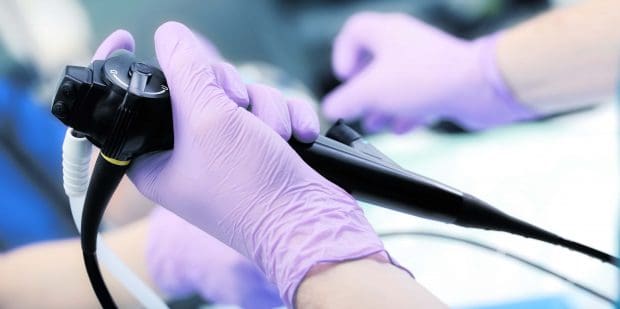Unlocking the Mysteries: Discover the Time, Cost, Procedure, and Essential Precautions to Master Before Your Endoscopy!
Table of Contents
- Time and Scheduling
- Cost Considerations
- Prepping for the Procedure
- The Endoscopy Procedure
- Precautions and Aftercare
- Conclusion
Welcome to our comprehensive guide on preparing for an endoscopy! If you or a loved one are scheduled for this procedure, it is crucial to be well-prepared to ensure a successful experience. In this blog post, we will walk you through everything you need to know about the time, cost, procedure, and precautions involved in an endoscopy.
Time and Scheduling
Endoscopy procedures can vary in duration depending on the type and purpose. On average, endoscopies typically take anywhere from 15 minutes to an hour. However, it is important to note that certain types of endoscopies, such as colonoscopies, may require longer preparation and procedure times.
If you are unsure about the specific duration of your endoscopy, we recommend reaching out to your healthcare provider. They will be able to provide you with more accurate information and answer any questions you may have.
When scheduling your endoscopy, it is crucial to choose a date and time that work best for you. Consider your personal commitments and make sure you have enough time for proper preparation and recovery after the procedure. It is also recommended to avoid scheduling any strenuous activities or commitments immediately following the endoscopy, as you may still be feeling the effects of sedation.
Cost Considerations
The cost of an endoscopy in Mumbai can vary depending on various factors, including the type of endoscopy and your location. On average, an endoscopy procedure can range from $1,000 to $5,000. However, these figures are just estimates, and it is best to consult with your healthcare provider and insurance company to get a clear understanding of the costs involved.
Before undergoing an endoscopy, it is crucial to contact your insurance provider to understand your coverage. Some insurance plans may fully or partially cover the cost of the procedure, depending on your specific plan and medical necessity. It is also important to inquire about potential additional costs, such as anesthesia or biopsies, which may not be included in the initial estimate.
If you do not have insurance or are concerned about the financial aspect of the procedure, there may be options available to help. Some healthcare facilities offer financial assistance programs or sliding fee scales based on income. It is recommended to inquire about these options in advance to alleviate any financial burdens associated with the endoscopy.
Prepping for the Procedure
To ensure the accuracy and safety of the endoscopy, proper preparation is essential. Your healthcare provider will provide you with specific instructions to follow leading up to the procedure. These instructions may include dietary restrictions, fasting, and specific medication guidelines.
It is important to strictly adhere to the fasting instructions provided by your healthcare provider. Typically, you will be required to fast for a certain period before the procedure, generally around 6 to 8 hours. It is crucial to avoid consuming any food, liquids, or even gum during the fasting period to ensure a clear and unobstructed view during the endoscopy.
Some healthcare providers may permit clear liquids up until a few hours before the procedure. Clear liquids include water, clear broths, and certain types of juices. However, it is vital to follow your specific instructions and avoid any liquids or foods that are prohibited.
The Endoscopy Procedure
During an endoscopy, a flexible tube with a light and camera, known as an endoscope, is inserted into the body to examine or treat a specific area. The procedure is typically performed while the patient is under sedation to minimize discomfort.
The endoscopy procedure serves various purposes, such as diagnosing gastrointestinal conditions, detecting abnormalities, or monitoring treatment progress. It is a valuable tool that allows healthcare professionals to visualize and assess internal organs and structures.
While some individuals may experience slight discomfort or gagging during the procedure, it is generally well-tolerated. The sedation administered by your healthcare provider helps ensure a more comfortable experience. It is important to remember that the endoscopy is a routine procedure performed by experienced professionals who prioritize patient comfort and safety.
After the endoscopy, it is crucial to have a designated driver accompany you home, as the sedation effects may take a few hours to fully wear off. It is not recommended to drive, operate machinery, or make any important decisions for the remainder of the day.
Precautions and Aftercare
Prior to the endoscopy, it is vital to inform your healthcare provider about any allergies, medications, or pre-existing conditions you have. This information will help them take appropriate precautions and ensure a safe procedure. Be sure to disclose any previous adverse reactions to sedation or anesthesia as well. To book an appointment for your gastro-intestinal health, you can consult at Gastronaut Clinic.



